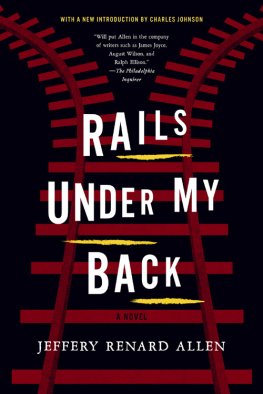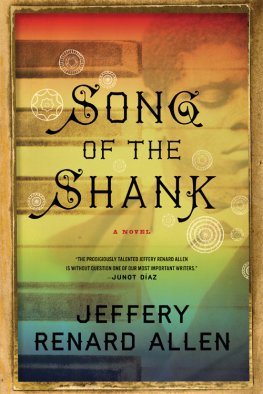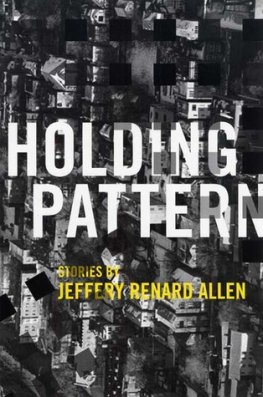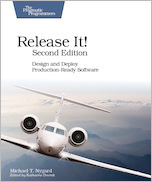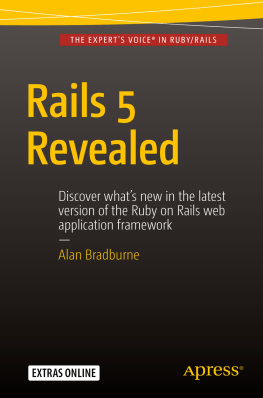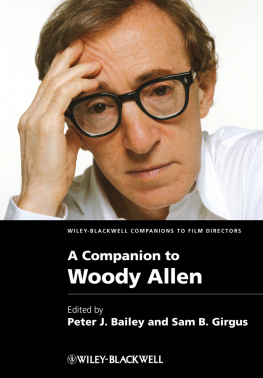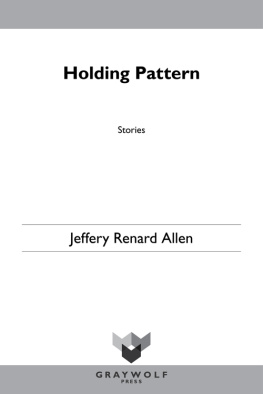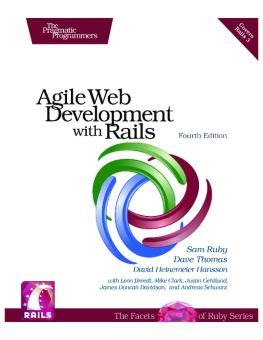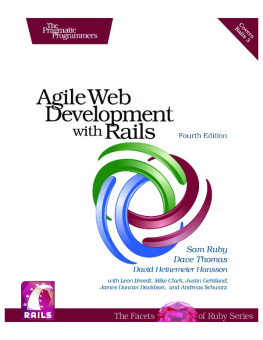Jeffery Renard Allen
Rails Under My Back
Hit me in the eye
Maybe then maybe then
Ill be better
TRADITIONAL BLUES VERSE


INTRODUCTION BY CHARLES JOHNSON
The ear trieth words as the mouth tasted meat. Cause the whole language resembled the body of a trained athlete where every muscle, every sinew, is developed into full play.
Train, carry me. Train, bring me back.
Jeffery Renard Allens Rails Under My Back is a remarkable book, and what the author said of his second novel, Song of the Shank, in a 2014 interview could easily apply to this debut work of fiction:
The first thing I would want any reader to say about this novel is that Jeff Allen gave everything he had when he wrote this book, every bit of himself, on every page, head and heart because that is true. I really tried hard to get it right. Art may be the only form of perfection available to humans, and creating a work of art might be the only thing in life that we have full control over. So we might ask, How is great measured? Craft is certainly one thing. I also would like to think that certain works of art transform the artist.1
As a writer of novels since 1974, and a teacher of the theory and practice of literary fiction for more than three decades, I am convinced that Jeff Allen has indeed given exhaustively of himself in the often-astonishing performance of this epic work.
Divided into fifty-five chapters organized in four sections, Rails is ostensibly a story about the lives of two black families. The ground situation, as John Barth might describe it, or premise, is the marriage of two brothers, Lucifer and John Jones, to two sisters, Sheila and Gracie McShan. Also portrayed are the lives of their children Jesus, Porsha, and Hatch. These relationships form the basis for a family saga of multiple plots that twist and turn, geographically traverse Chicago, the South, and California, and explore questions of betrayal, abandonment, patricide, and the possibility of redemption, with a biblical interpretation adding a sacerdotal dimension to the story. By naming two of his characters Jesus and Lucifer, Allen invites the reader to consider them and their actions in terms of their archetypal namesakes, especially when, after a basketball game in the first section, Seasonal Travel, the character Freeze challenges Jesus by telling him that the man who is his father (supposedly) stole a bird from me, then adds that Jesus know what I need you to do.
Memorable works of fiction often have what I call a magnet character. This is the performer in the dramatis personae who sets things in motion, stirs things up, and draws our attention (like a magnet) whenever he or she steps onto the stage of the story. For example, in Moby-Dick, that person is, obviously, Ahab. In my novel Dreamer, it is, alternately, Chaym Smith and Martin Luther King Jr. And in Rails, the magnet character is seventeen-year-old Jesus, an alienated and nihilistic young man who commingles traits of both satanic and savior figures dressed in red with hair that resembles his uncle Lucifers red widows peak, a blade so sharp it would surely wound.
As many reviewers have observed, the story in Rails is a nonlinear, mosaic-like puzzle that Allen wants his readers to assemble. In fact, in an email to Pamela R. Fletcher, who would publish a useful examination of this novel titled Postmodern Literary Madness: A Study of Style and Technique in Jeffery Renard Allens Rails Under My Back (International Journal of Humanities and Social Science, June 2011), he wrote, I wanted the book to move in many directions at once, backwards and forwards in time, sideways and up and down. This means that the various themes would get played out across narratives and through various characters, through parallel and counterpoint, riffs and set pieces. He also explained to Fletcher how the primary mysteries of the novel are never truly resolved but remain at the novels end.
Whether Jeff Allen is primarily influenced by James Joyce, William Faulkner, or Ralph Ellison is something Ill let other literary scholars decide, because one obvious fact overrides the question of literary pedigree: Jeff Allen is, first and foremost, an incredibly gifted poet. And when I say poet what I mean is that he is sensitive to the inexhaustible ways language can operate in a text, and how a novel is capacious enough to contain many forms. For this reason, you must read Rails Under My Back, a work eight years in the writing, slowly. You must savor and reflect upon every evocative sentence (and read some of them two or three times) as you would highly compressed poetry, for the density of Allens figurative language (language that resembled the body of a trained athlete where every muscle, every sinew, is developed into full play) is a literary world away from the typical garden variety novel that offers de-totalized, minimalistic, and utilitarian prose. The sometimes-elliptical language that bodies forth Allens characters is as much a performer as the characters themselves. Its worth taking a moment to parse a characteristic passage to unlock the logic of composition in Allens prose. Here is a passage that appears early in the novel as Jesus takes a ride with No Face the Thief:
You the man, No Face said from the back seat.
The words, like the vibration of a silver wire, sent a glow of light into Jesuss heart. Oh yeah?
Yeah. No Face pressed his face close to the back of Jesuss shoulder, close enough to kiss him. Jesus could smell his sewer breath and hear his heavy elastic breathing, which came and snapped back, came and snapped back. Thats what they say.
No Face pinched the Buddhas unlit end and offered it to Jesus. Jesus took the hot end between thumb and forefinger and watched No Face in the rearview mirror. The dark magnified every detail. Jesus didnt look anything like No Face the Thief and was proud of it. No Face resembled a baited fish someone had snatched from the line and thrown back into the water. Short dreads like dynamite fuses. Face a ravaged landscape of dark hollows, craters and caves where the flesh had collapsed in on the bone. A checker-thick black eye patch. Word, nigga poured acid into his eyes to win a bet. A nappy mustache, round nose booger. Uneven brown teeth deep in his gums, ancient ruins. He tried to move near you when you spoke. Youd move and hed move closer. Youd move again and so would he. Jesus trained his eyes back on the road. Hungry feelers, headlights searched the night. He took a long and slow suck on the Buddha; red warmth spread through his body; the streetlights brightened, then gleamed in full glory.
No physical object is ever neutral in this novel; each image is charged with a sudden radiance. Here and throughout the novel, Allen deploys vivid, often startling metaphors and similes, metonymy, and synecdoche to transform the ordinary lives of black men and women, and the landscapes across which they move, into something extraordinary and epiphanic, thus restoring as poets often do an element of mystery and a feel of the uncanny to their world. He wants to liberate our perceptions with every page, to let us see the urban and Southern landscapes of his characters with unsealed vision. In the lines above, a form of internal monologue, which is recognizable as a limited form of stream of consciousness because it is italicized (

